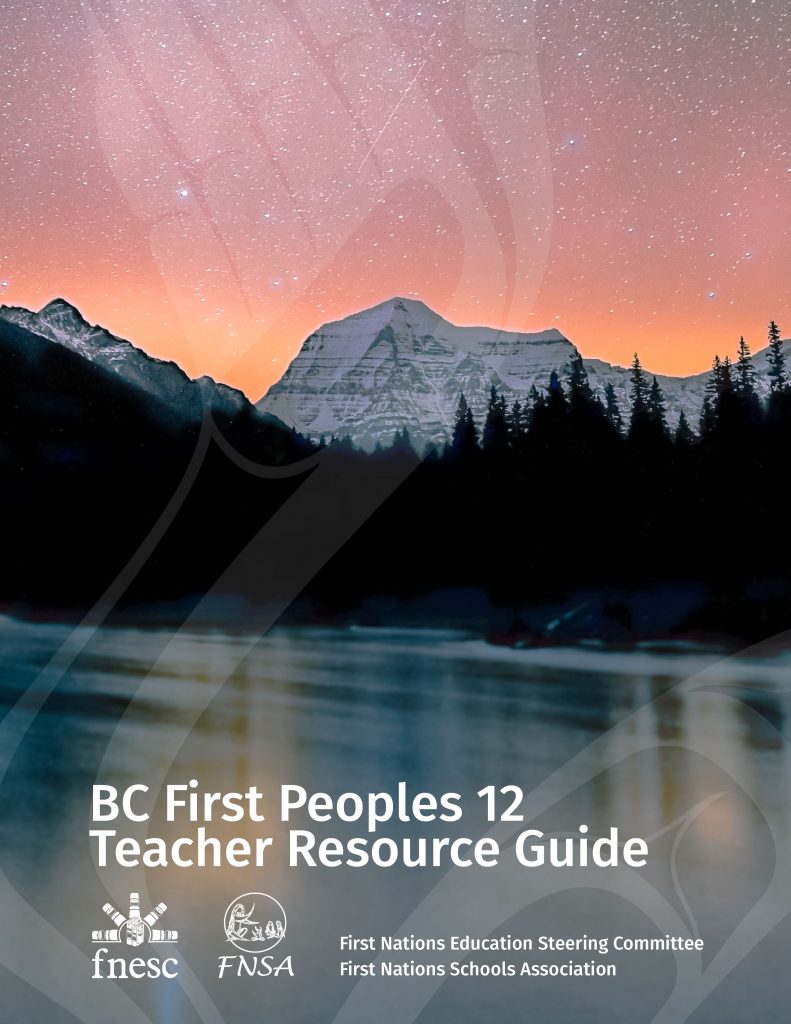
Introduction
First Nations people represent a significant and integral part of Canada’s historical and cultural landscape. With over 600 distinct communities, they embody a diverse range of languages, traditions, and histories. Understanding First Nations is crucial not only for appreciating Canada’s rich heritage but also for addressing contemporary social justice issues, land rights, and indigenous autonomy. As discussions surrounding reconciliation and rights continue to evolve, the relevance of First Nations in current events is paramount.
Current Issues Facing First Nations
In recent months, the attention toward First Nations has grown due to various social and legal challenges. The ongoing crises regarding access to clean drinking water in many First Nations across Canada continues to be a pressing concern. As of October 2023, over 30 communities are still under boil-water advisories, a disparity that highlights systemic inequities faced by First Nations. Additionally, discussions surrounding land rights have gained momentum as various First Nations are calling for recognition and restoration of their traditional lands. Legal cases and land claims continue to surface, particularly in provinces like British Columbia and Ontario.
Governmental Efforts and Reconciliation
The federal and provincial governments have been implicated in numerous agreements aimed at reconciliation, such as the United Nations Declaration on the Rights of Indigenous Peoples (UNDRIP). This declaration, which Canada endorsed in 2016, affirms the rights of indigenous peoples, including First Nations, and outlines the necessity for their input in matters affecting them. However, the implementation of these agreements is often met with criticism regarding the effectiveness and efficiency of governmental action.
Celebrating Culture and Heritage
Amid these challenges, First Nations communities are also thriving culturally. Events like the National Indigenous Peoples Day celebrated annually on June 21st allow Canadians to engage with and celebrate the rich traditions and contributions of First Nations. Art, music, and traditional practices are not only preserved but are also increasingly acknowledged in mainstream Canadian culture. Initiatives promoting education about First Nations in school curricula aim to foster understanding and respect among younger generations.
Conclusion
The journey toward reconciliation and recognition of First Nations rights is ongoing and complex. For many Canadians, increasing awareness of First Nations issues is a step toward fostering a more inclusive society. The significance of First Nations goes beyond historical context; it is a vital aspect of Canada’s identity that shapes its future. The call for clean water, land rights, and cultural recognition must be heard and acted upon if Canada aims for genuine reconciliation. As discussions continue, the broader recognition of First Nations’ contributions will play an essential role in moving towards a more equitable society.
You may also like

The Royal Opera House: A Jewel in London’s Cultural Landscape

Exploring the Historic City of York: A Cultural Gem
